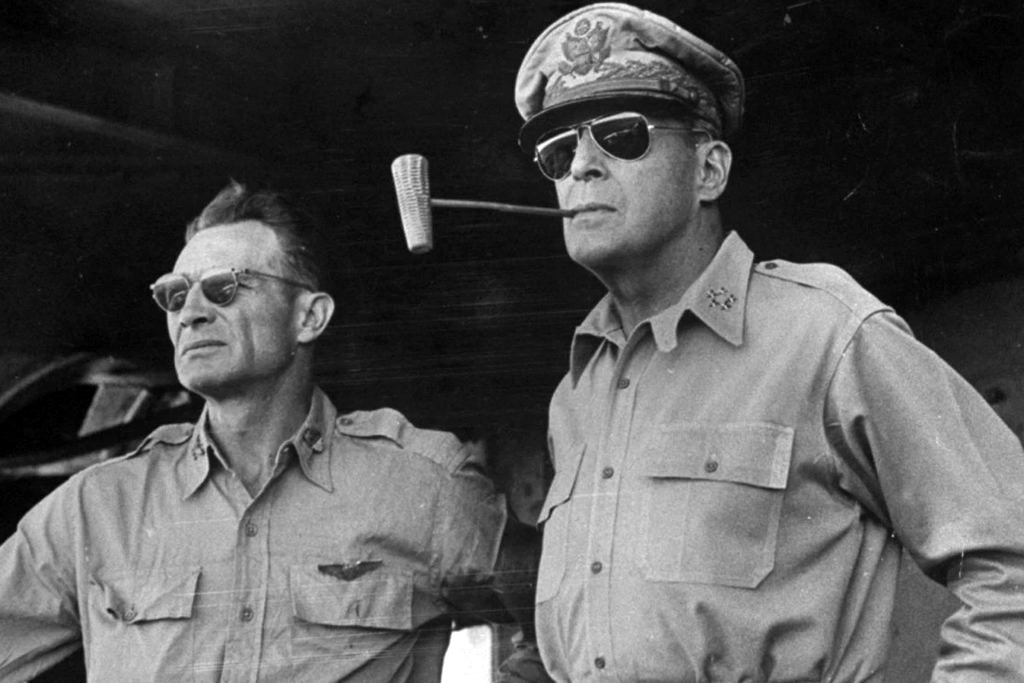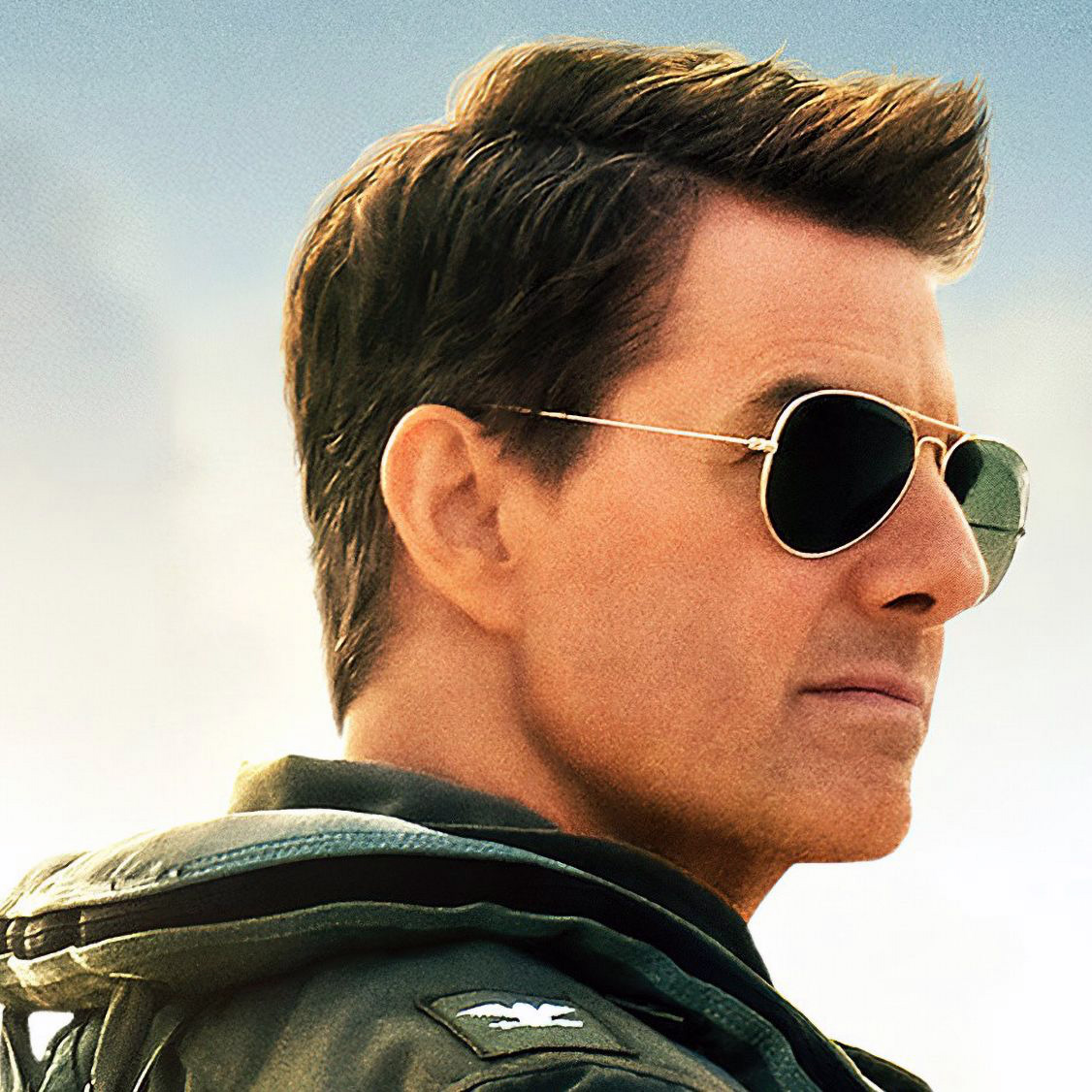RB3025 (Aviator)
Born for the skies. Immortalised on Earth.
The Aviator debuts as a tool for U.S. Air Force pilots combating glare at altitude.
Adopted by Hollywood’s leading men — from James Dean to Marlon Brando.
Tom Cruise dons the 3025 in "Top Gun," sending global sales soaring.
Revived by fashion icons and indie bands, proving its generational appeal.

A Frame Made for Flight
Originally commissioned by the U.S. military, the Ray-Ban Aviator wasn’t designed to be a fashion statement — it was about survival. Those teardrop lenses? Engineered to cover the entire field of vision and block sunlight from every angle at 30,000 feet.
But like all great designs, form and function fused. The 3025 became shorthand for American confidence, with its gold frame and green G-15 lenses dripping cool long before Instagram knew what to do with it.

Hollywood’s Favourite Wingman
Think “Aviator” and you think Top Gun. But the 3025’s reel-life résumé goes much deeper — Al Pacino in Serpico, Robert De Niro in Taxi Driver, practically everyone in the ‘70s and ‘80s with a swagger and a cause.
The frame’s cinematic charm lies in its duality: masculine and sensitive, daring yet classic. The thin metal arms and oversized lenses make it expressive but wearable — iconic without shouting.

Modern Takes on a Timeless Shape
Ray-Ban hasn’t let the Aviator sit still. It’s been remixed in every lens tint and metal finish imaginable — from mirrored gradients to matte gunmetal. And while purists stick with the G-15 or polarized brown, the beauty of the 3025 is that it evolves without ever losing its soul.
Today, it’s genderless, ageless, and still a guaranteed compliment-magnet. Whether you’re styling it with a leather jacket, linen shirt, or flight suit — the Aviator doesn’t care. It just works.
Marketing & Advertising
Ray-Ban leaned hard into the Aviator’s military roots and cinematic clout. From print ads featuring steely-eyed pilots to slick lifestyle shoots drenched in California sunlight, the 3025 became synonymous with adventure, aspiration, and effortless American style.
Product placement in major films and series — especially in the '80s and early 2000s — helped cement it as the definitive sunglasses shape. And today? Influencers, editors, and stylists still treat it like gospel.
Featured Products



Join The Ray-Ban Roundup
Stay in the loop with iconic styles, rare finds, and behind-the-scenes stories from Ray-Ban’s legendary past. Sign up now – because history looks better through classic lenses.